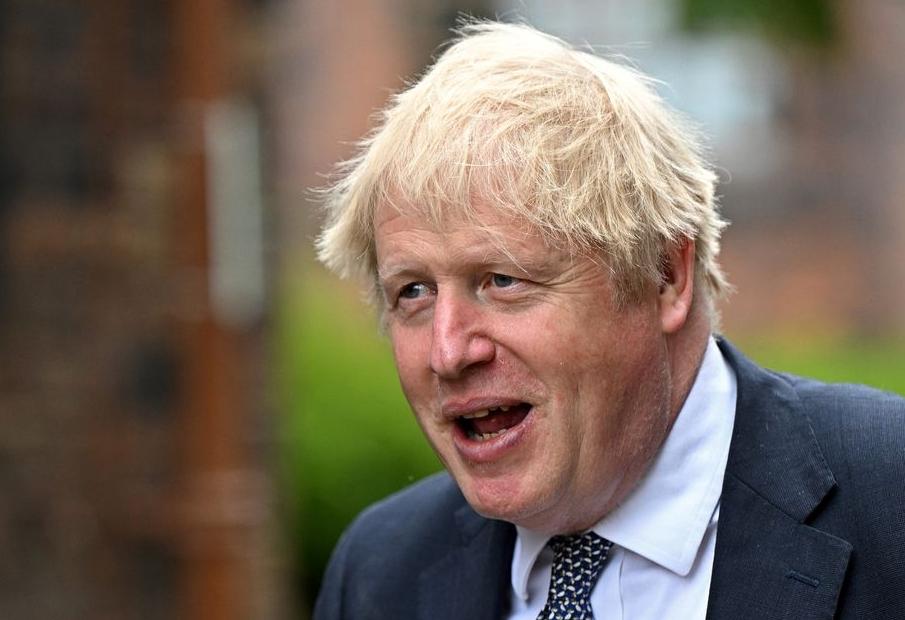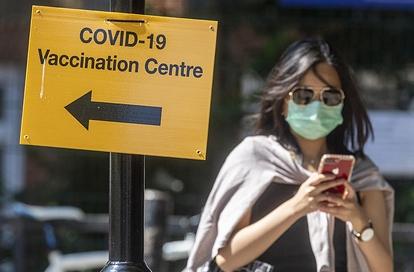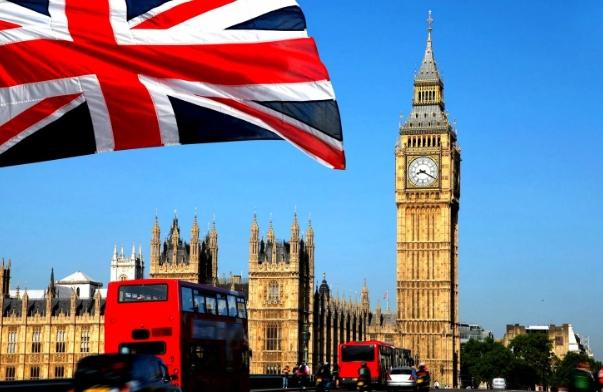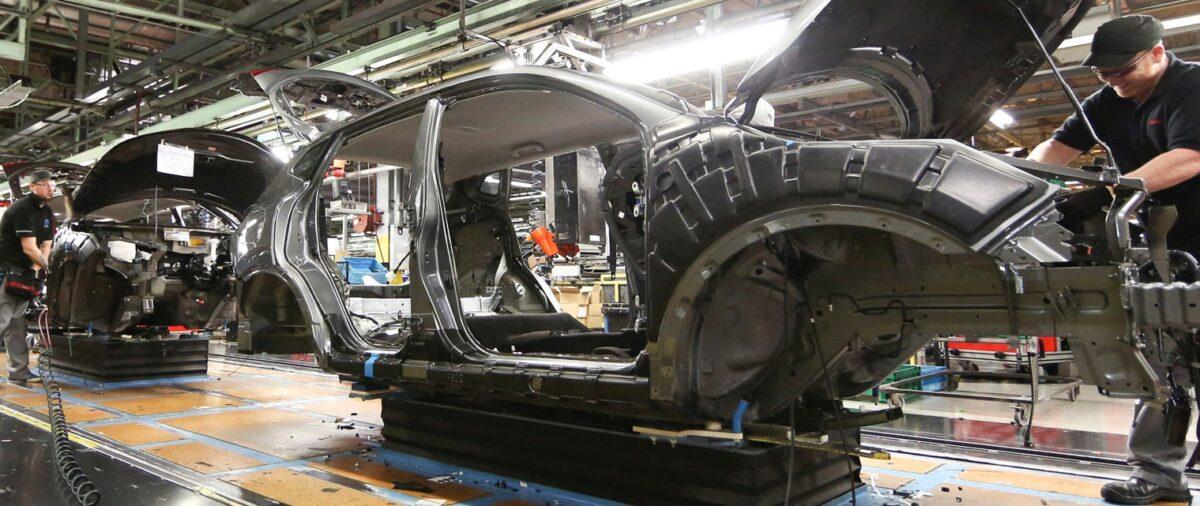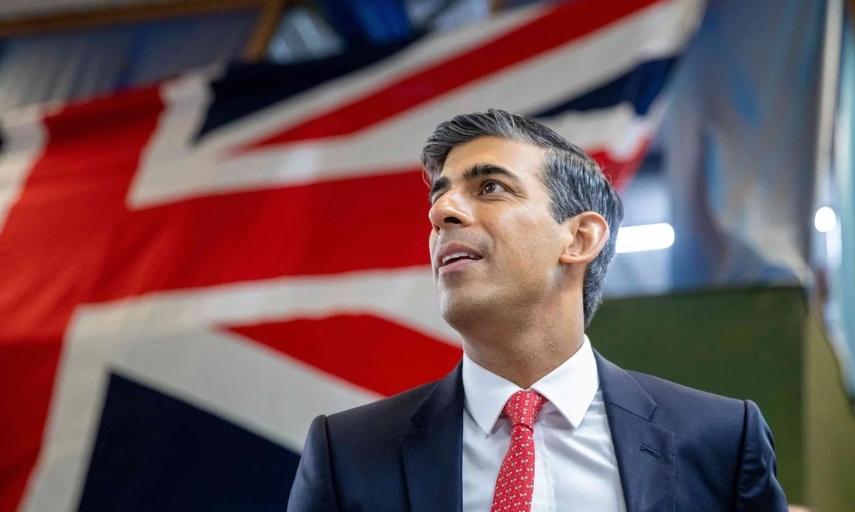British Prime Minister Boris Johnson will promise Thursday to rejuvenate the weakening economy and make it easier for people to buy homes in the latest reset after just surviving a major revolt against their leadership.
Johnson will promise “fiscal firepower” to help ease the worsening cost-of-living crisis for households in his first political speech since Monday’s vote of confidence, when 41 percent of his own lawmakers voted against him.
But some experts have questioned the new line of attack, saying his ideas to help more people buy their homes have been tried before and failed. According to the British Chamber of Commerce (BCC) and the Paris-based Organization for Economic Cooperation and Development (OECD), the economic backdrop is worsening and Britain is heading toward stagnation.
“Over the next few weeks, the government will develop reforms to help people cut costs in all areas of household spending, from food and energy to child care, transportation and housing,” Johnson said during a visit to the northern English county of Lancashire.
The prime minister will also touch on the decline in homeownership, especially among young people, according to excerpts from his speech sent from his office.
Michael Gove, minister of the “equalization” policy to combat regional disparities, said that among the measures were an expansion of the so-called “right to buy” for people living in social housing and a review of the mortgage market.
Asked if these were new rules and why some of them hadn’t worked before, Gove told BBC Radio, “As far as the right to buy, you’re absolutely right to say that this is an expansion of policies that we already have.” This time, he said, the government will replace social housing that was sold with new housing, without elaborating.
Britain’s main opposition Labor Party said Johnson is ignoring the increasingly bad economic outlook.
“No wonder he is unwilling to accept the reality that economic growth in Britain will stop next year,” Labour Party MP Tulip Siddiq said of Johnson’s planned speech.
Johnson has been under growing pressure for months over “patigue”-the ominous details of liquor parties at his office and residence in Downing Street during the COVID-19 lockdown.
The growing anger culminated in an unsuccessful attempt to overthrow him on Monday, damaging Johnson’s credibility as he managed only a narrow victory over the rebels in his Conservative Party. read more
The British leader desperately wants to move on, but his move to try to deal with the cost-of-living crisis is prompted by economists suggesting that the country will suffer more than its peers.
The OECD forecasts zero growth next year — the weakest among all G20 economies except Russia — while the BCC expects the U.K. economy to contract by 0.2% in the last quarter of this year and then grow by just 0.6% in 2023 and 1.2% in 2024.
“The downgrade reflects heightened political and economic uncertainty, as well as growing price pressures that are limiting small companies’ ability to invest,” the BCC said in a statement.
Johnson will also say Thursday that the government will cut costs for businesses and households.
“With more affordable energy, child care, transportation and housing services, we will protect households, increase productivity and, above all, increase Britain’s growth rate,” he said.
